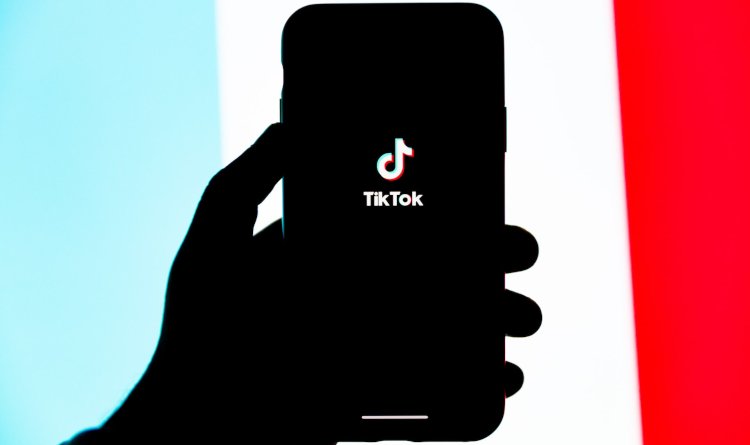Photo Credit: Solen Feyissa
TikTok has reportedly adopted comparatively low prices for on-platform advertisements in an attempt to draw digital-marketing business away from competitors including Instagram and YouTube.
ByteDance-owned TikTok’s effort to undercut short-form video-sharing rivals (as well as other social-media platforms) in the advert department just recently entered the media spotlight in a report from the Financial Times.
Amid continued calls for TikTok to be sold to a U.S. buyer – or banned in the States altogether – owing to longstanding security concerns, the platform in 2022 rolled out comparatively low-cost video advertising, according to the mentioned source.
Specifically, advertisers last year paid roughly half as much for 1,000 impressions on TikTok as on Instagram Reels, per media-agency data cited by the FT, compared to approximately 33 percent less than on Twitter and north of 60 percent cheaper than on Snapchat.
As a result, “an increasing amount of ad spend” is said to have shifted towards TikTok, the same resource claims. The stretch spanning September through October of 2022 reportedly saw the top-1,000 advertisers in the U.S. inject nearly $470 million into TikTok marketing campaigns, up around 66 percent year over year.
And on the engagement front, an ad-design platform claims to have found that the same clip, when marketed on YouTube Shorts, Instagram Reels, and TikTok alike, garnered “almost three times more impressions” from the latter app’s users. That said, YouTube Shorts reportedly led the pack in engagement as part of the same commercial-performance analysis.
Building upon the idea – that is, the ability to monitor campaigns’ precise metrics – the comparatively in-depth data offerings of Meta and Google are said to remain a key selling point for detail-minded advertisers. Additionally, some of these same professionals have reportedly worried that their TikTok promotions could appear next to “potentially harmful content.”
It was only in December that the State of Indiana filed a shocking lawsuit against TikTok for allegedly exposing minors to explicit media, criticizing the service as “a Chinese Trojan Horse unleashed on unsuspecting American consumers who have been misled by the company’s false representations about the content on its platform.”
Meanwhile, a number of governors have prohibited the use of TikTok on state devices, and the ByteDance subsidiary’s CEO earlier this week met with European Union officials to discuss privacy and child-safety matters. Compounding these and other operational difficulties, YouTube Shorts is set to debut a revenue-sharing model in February.
Even so, TikTok has kicked off 2023 like a company in search of continued growth as opposed to a business that’s dwelling upon the possibility of being outlawed in the world’s largest economy. Across the year’s initial two weeks, the service has specifically launched a “Talent Manager Portal” and unveiled a Vevo partnership as well as a Calvin Harris VR concert.

